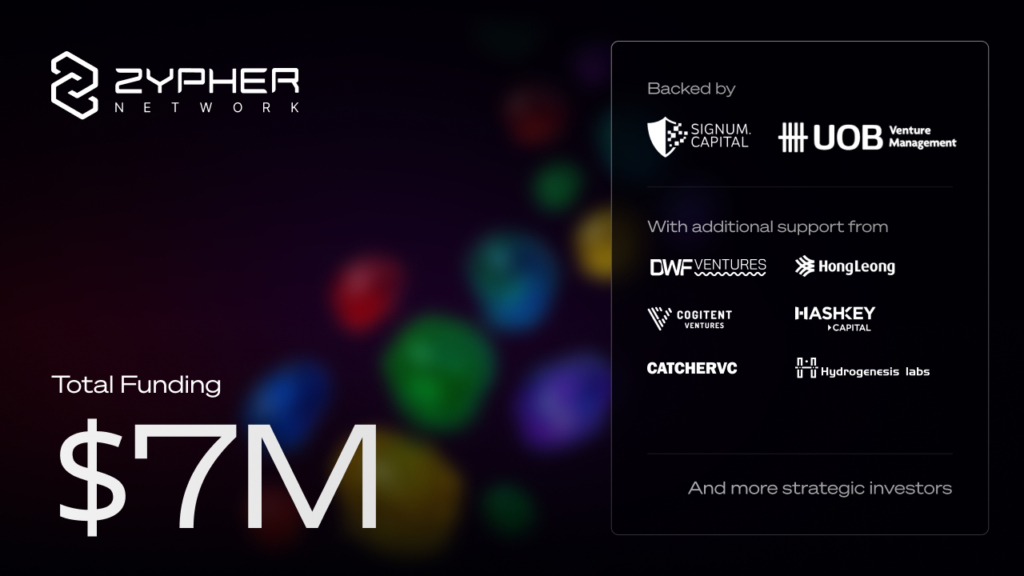Ethereum co-founder Vitalik Buterin has shared a possible solution to what he describes as the “largest remaining challenge” on Ethereum—privacy.
In a blog post on Jan. 20, Buterin acknowledged the need to come up with a privacy solution because by default, all information that goes onto a “public blockchain” is public too.
He then arrived at the concept of “stealth addresses” — which he said can potentially anonymize peer-to-peer transactions, nonfungible token (NFT) transfers, and Ethereum Name Service (ENS) registrations, protecting users.
The concept of stealth addresses appears complex in theory, Buterin previously described it as a “low-tech approach” compared to other Ethereum privacy solutions.
In August, he dubbed stealth addresses as a “low-tech approach” for anonymously transferring ownership of ERC-721 tokens, also known as NFTs.
The Ethereum co-founder explained that the stealth address concept proposed offers privacy differently to that of the now U.S. Office of Foreign Asset Control (OFAC)-sanctioned Tornado Cash.
Buterin suggested that stealth addresses may introduce “longer-term usability concerns,” such as social recovery issues.
However, he is confident the problems can be properly addressed in time: “In the longer term, these problems can be solved, but the stealth address ecosystem of the long term is looking like one that would really heavily depend on zero-knowledge proofs,” he explained.



